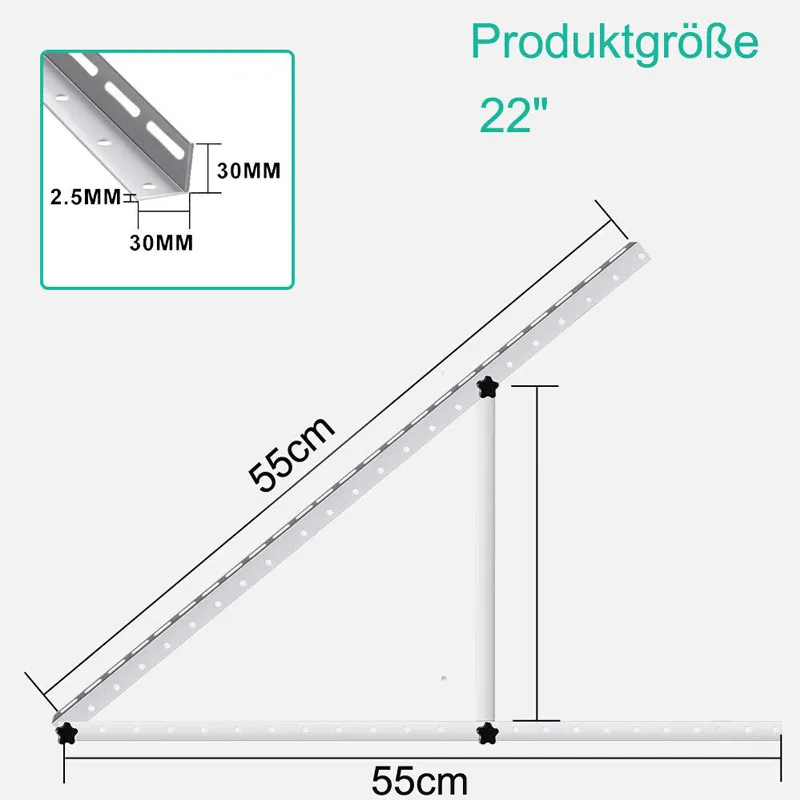

Different Types of Steel Washers and Their Various Applications and Benefits
Eki . 15, 2024 17:41 Back to list
Different Types of Steel Washers and Their Various Applications and Benefits
Types of Steel Washers A Comprehensive Overview
When it comes to fastening applications, washers play a crucial yet often overlooked role. Among the various materials used for washers, steel is one of the most common due to its strength, durability, and versatility. In this article, we will explore the different types of steel washers, their unique properties, and their applications in various industries.
What Are Washers?
Washers are flat, disc-like components used in conjunction with a fastener—such as a bolt or a screw—to distribute the load of the fastened item. They serve multiple purposes including providing a smooth surface for the fastener, distributing the load, preventing damage to the surface beneath the fastener, and minimizing the risk of loosening due to vibration. Washers can be made from various materials, but steel washers are particularly popular.
Types of Steel Washers
1. Flat Washers
Flat washers are the most common type of steel washer. They are round plates with a hole in the center and are used to distribute the load of a fastener evenly over a larger area. This helps prevent damage to the surface being fastened. Flat washers come in various sizes and thicknesses, and they are often made from materials like carbon steel, stainless steel, or alloy steel, each offering different levels of corrosion resistance and strength.
2. Spring Washers
Spring washers, also known as lock washers, are designed to exert a spring-like action when compressed. Their primary purpose is to prevent loosening of the fastened joint due to vibration or dynamic loads. There are several types of spring washers, including split-lock washers and wave washers. Split-lock washers are split in the middle and have an angled profile, creating tension against the fastener as it is tightened. Wave washers are flat with a wavy shape, allowing for flexibility and shock absorption.
Fender washers are wide flat washers that provide additional surface area. They are typically used in applications where a larger washer is needed to distribute the load over a wider area, such as when fastening materials that are prone to bending or breaking. These washers are particularly useful in automotive applications, as they can help prevent surface damage to body panels.
types of steel washers

4. Toothed Washers
Toothed washers, also known as serrated washers, feature teeth on one side that grip the surface of the item being fastened. This design prevents slipping and provides a more secure fastening, making them ideal for applications exposed to vibration. Toothed washers are commonly used in heavy machinery and automotive applications where a robust hold is essential.
5. Countersunk Washers
Countersunk washers have a conical shape that allows them to sit flush with the surface of the material being fastened. This feature not only provides a neat appearance but also minimizes the risk of snagging and damage. Countersunk washers are often used in woodworking and cabinetry, where aesthetic considerations are important.
6. Sealing Washers
Sealing washers are designed with a rubber or other elastomeric seal attached to one side. They are used to create a watertight seal when fastening pipes or other components exposed to liquids. These washers are essential in plumbing, HVAC, and automotive applications where preventing leaks is critical.
Material Considerations
The choice of material for steel washers can significantly affect their performance. There are different grades of steel used, including plain carbon steel, stainless steel (such as A2 and A4), and various alloy steels. Stainless steel washers offer good corrosion resistance, making them suitable for outdoor and marine applications. In contrast, regular carbon steel washers might be adequate for indoor use, especially in applications where exposure to moisture is minimal.
Conclusion
Steel washers are a fundamental component in numerous mechanical and structural applications. Understanding the types of steel washers available, along with their specific properties and applications, enables engineers and technicians to make informed decisions when selecting fastening solutions. Whether it’s a simple flat washer or a specialized sealing washer, the right choice can enhance the reliability and longevity of any assembly. As industries continue to evolve, the demand for effective and innovative fastening solutions will only grow, making washers an essential consideration in design and manufacturing processes.
Latest news
-
Premium Fasteners Manufacturer | AI-Driven Solutions
NewsAug.01,2025
-
Hot Dip Galvanized Bolts - Hebei Longze | High Strength, Corrosion Resistance
NewsAug.01,2025
-
High-Strength Hot Dip Galvanized Bolts - LongZe | Corrosion Resistance, Custom Sizes
NewsAug.01,2025
-
Best Self Tapping Screws for Drywall - Fast & Secure Installation
NewsJul.31,2025
-
High-Strength Hot Dip Galvanized Bolts-Hebei Longze|Corrosion Resistance&Customization
NewsJul.31,2025
-
Hot Dip Galvanized Bolts-Hebei Longze Metal Products|Corrosion Resistance&High Strength
NewsJul.31,2025

